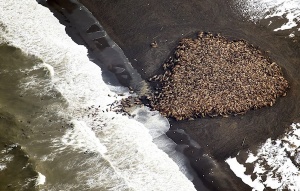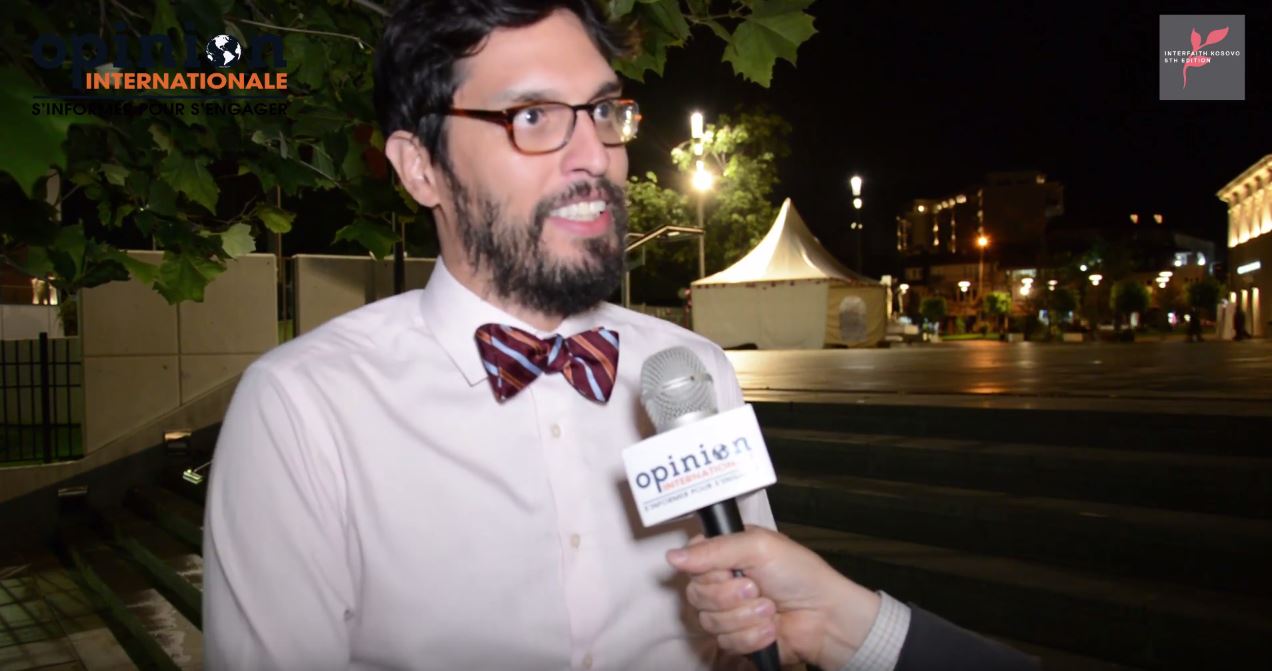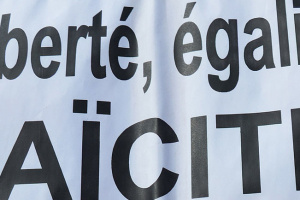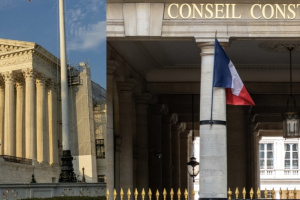Human Rights & Individual Liberties
October 4th – The Economist – Yes Means Yes, says Mr Brown
 Last week, California’s Governor Jerry Brown signed a bill that requires “affirmative consent” between two students before any sexual contact. As ludicrous as it may sound, the procedure has won its spurs in an Antioch College in Ohio, where the step-by-step sexual consent rule is in place since the early 90’s. As explained by The Economist, both parties must clearly express their consent with a “yes” that can be revoked at anytime.
Last week, California’s Governor Jerry Brown signed a bill that requires “affirmative consent” between two students before any sexual contact. As ludicrous as it may sound, the procedure has won its spurs in an Antioch College in Ohio, where the step-by-step sexual consent rule is in place since the early 90’s. As explained by The Economist, both parties must clearly express their consent with a “yes” that can be revoked at anytime.
Despite a decrease in cases since the mid-90’s, rapes and sexual aggressions are still a major concern for American colleges, whose administrations are under pressure by the Department of Education, to curb sexual violence. Officials there say “about one in five women are victim of a completed or attempted sexual assault while in college”.
October 3rd – The Guardian – Failure to Pass US Surveillance Reform Bill Could Still Curtail NSA Powers
 On a historical vote next November, the newly-elected Senate is likely to approve a bill that would stop the National Security Agency (NSA) from collecting American citizens’ phone records. Introduced by Representative Jim Sensenbrenner (R-Wis.), the USA Freedom Act already reaches a great political consensus and is on its way to become the first piece of legislation “reining in the NSA during the 9/11 era”.
On a historical vote next November, the newly-elected Senate is likely to approve a bill that would stop the National Security Agency (NSA) from collecting American citizens’ phone records. Introduced by Representative Jim Sensenbrenner (R-Wis.), the USA Freedom Act already reaches a great political consensus and is on its way to become the first piece of legislation “reining in the NSA during the 9/11 era”.
However, officials say intelligence services might face a greater loss of power if the Senate simply does nothing. Without legislative action, a major section of the Patriot Act will expire on June 1 2015, not only reducing the scope of the NSA’s programs, but preventing the Federal Bureau of Investigation from obtaining “vast amounts of business records relevant to terrorism or espionage investigations”.
September 29th 2014 – Politico – A Supreme Failure
 As a teacher in constitutional law, Erwin Chemerinsky has been studying the United States Supreme Court decisions for decades. Putting aside his passion for an institution he has “long revered”, the scholar analyzes how efficient the Court has been at fulfilling its two major duties. Namely, safeguarding the rights of minorities of all types and ensuring that momentary ardors don’t endanger basic values.
As a teacher in constitutional law, Erwin Chemerinsky has been studying the United States Supreme Court decisions for decades. Putting aside his passion for an institution he has “long revered”, the scholar analyzes how efficient the Court has been at fulfilling its two major duties. Namely, safeguarding the rights of minorities of all types and ensuring that momentary ardors don’t endanger basic values.
Looking back at history, Chemerinsky shows how, rather than paving the way for social progress, the Court has often been slowing down the pace of reforms, demeaning the Constitution’s original call for equality.
Environment and Sustainable Development
October 6th – Scientific American – Gaming Carbon Must End to Solve Global Warming
 “We desperately need speed and scale and action on climate change,” says Rachel Kyte, the World Bank’s special envoy for climate change. But as David Biello from Scientific American explains economic incentives combatting climate change are frequently ineffective, often bypassed or, worse, gamed with.
“We desperately need speed and scale and action on climate change,” says Rachel Kyte, the World Bank’s special envoy for climate change. But as David Biello from Scientific American explains economic incentives combatting climate change are frequently ineffective, often bypassed or, worse, gamed with.
Pollution markets, carbon taxes, high coal prices are all part of the solution but definitely not sufficient. David Biello reminds us that the problem can also be approached from the other direction at the same time : making alternative energy sources cheap. “In the end”, he concludes, “some form of a price on carbon plus subsidies for alternatives is likely needed to combat climate change”.
October 2nd – The Washington Post – As sea ice melts amid global warming, 35,000 walruses crowd the shores of Alaska
 A massive gathering of 35,000 walruses were spotted on a beach in northwest Alaska. They need floating sea ice to meet their survival needs but as the oceans warm, this ice is receding, forcing these walruses to take to the beach for resting and looking for food.
A massive gathering of 35,000 walruses were spotted on a beach in northwest Alaska. They need floating sea ice to meet their survival needs but as the oceans warm, this ice is receding, forcing these walruses to take to the beach for resting and looking for food.
Margaret Williams, managing director of the group’s Arctic program explains that “walruses are telling us […] that the Arctic environment is changing extremely rapidly”. She adds that “it is time for the rest of the world […] to take action to address the root causes of climate change.”
















































